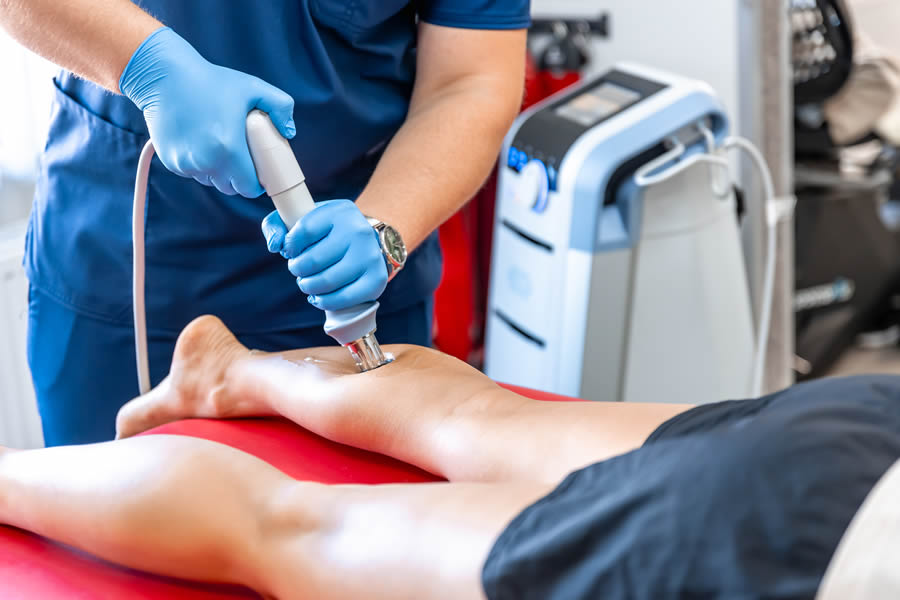Menu
- Home
- Treatments
- Our Providers
- About Us
- Patient Info
- Testimonials
- Locations
- Blog
- Financing
- Contact Us
- Home
- Treatments
- Our Providers
- About Us
- Patient Info
- Testimonials
- Locations
- Blog
- Financing
- Contact Us

Have you been feeling a bit off lately, perhaps noticing swelling in your legs or a throbbing sensation that just won't go away? Your vascular doctor may have mentioned the words "vascular ultrasound," but you are full of questions. What is it? What can it find? Is it painful? At National Vascular Associates, we believe in empowering our patients with knowledge so that you walk into your appointment feeling informed and confident. Our state-of-the-art vascular ultrasounds are a window into your circulatory system, offering clear insights without discomfort. Keep reading below to learn what a vascular ultrasound entails and how it can improve your health and wellness.

Vascular ultrasounds can offer clarity about circulatory system conditions. This non-invasive procedure helps in diagnosing a variety of issues that could be lurking beneath the surface, such as:
Vascular ultrasounds come in various forms, each capable of uncovering different aspects of vascular health:
Walking into a medical procedure with a roadmap of what to expect can ease nerves. Here's a step-by-step guide to your experience:
This painless procedure typically wraps up within 30 to 45 minutes and can provide clear direction for any necessary vascular treatment in Newport News.
A vascular ultrasound is a proactive step in a larger journey toward lasting wellness. With the detailed insights it provides, you're equipped to make knowledgeable, informed decisions about your health alongside your vascular doctor and care team. Whether addressing immediate concerns or mapping out preventative measures, the clarity gained is invaluable.
A vascular ultrasound offers a clear, comprehensive view of your vascular health and can help guide decisions and vascular treatment with precision. At National Vascular Associates, we're committed to diagnosing, educating, and supporting our patients every step of the way. Are you ready to take a clearer look at your vascular care options? Reach out today for more information or to schedule an appointment with a vascular specialist.